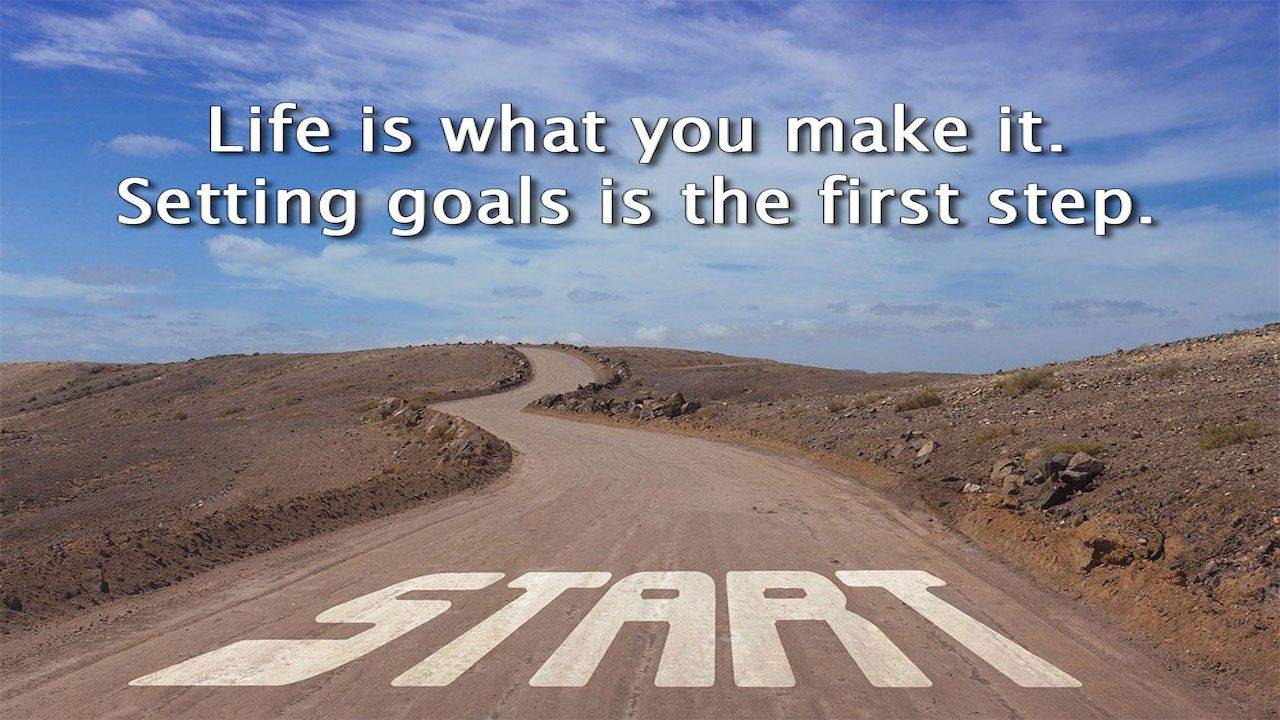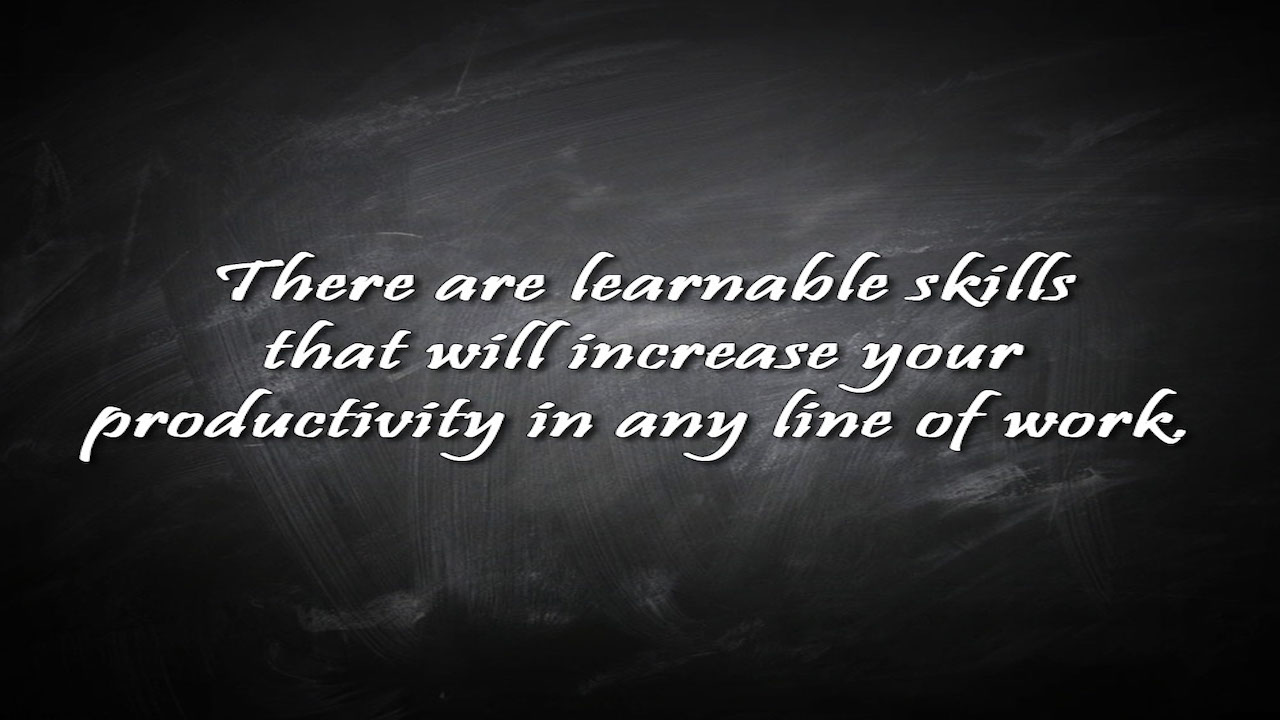Unfortunately, we are not all born with excellent time management skills. We also have certain habits that kill our productivity without us even realizing it.
These habits hinder us from adequately managing our time well, which often leads to us being bogged down with more tasks. We end up spending more time on activities that should have been done quickly.
Here are just some of the unproductive habits that can significantly affect our productivity.
Instant Messaging and Emails
The constant pinging of messages and email notifications throughout the workday is one of the biggest productivity killers. These notifications are designed to trigger and develop our FOMO (fear of missing out) response.
We often feel that we need to immediately respond to these messages, just in case it is important, but how often are they really? We almost always end up spending more time on messaging platforms than we ought to.
While it is true that messages and emails are essential and should be responded to in a timely manner, it doesn’t mean that we need to spend more time on those things than we should.
If you spend too long trying to get to inbox zero, set up filters in your mail client that distribute your mail to priority folders before you even see them. Then make sure you only access the important ones in your prime time.
Long Pointless Meetings
Do you know that meme “I survived another meeting that should have been an email”? There is a reason that meme exists and persists to this day, and that is because everyone hates long pointless meetings.
Sure, some meetings need everyone’s presence and input, especially if it involves brainstorming and planning, but not all meetings should last for hours. Long meetings eat up precious time needed to actually get the jobs done.
Multitasking
We might think we get more things done with multitasking, but in reality, we are actually not being smart about how we work. We usually multitask when we have many things going on, and we feel that we won’t finish these tasks on time.
Quickly going from one task to another means you need to refocus every time you restart, and you can waste much precious time refocusing and rewiring your brain to switch from one task to another. Try to batch your tasks as much as is feasible to maximize your productivity.
Not Taking Breaks
Not taking regular breaks is a ‘robbing Peter to pay Paul’ mentality. It gives an illusion of productivity which is often really only busyness. Immediate and short-term gains will eventually be outweighed by increased fatigue (mental and physical) and flagging enthusiasm and productivity.
Skipping a break may give you some extra time to finish an urgent task, but if it’s a habit, non-stop work will be detrimental to your productivity.
Humans are not machines, and going on work breaks allows us to refresh and refuel our brains to finish our to-do list effectively.
Starting Tasks Too Early
It may seem to be non-intuitive, but too much enthusiasm for a project can lead to wasted time and money. Starting a task too early may not be the best choice when it comes to productivity, as circumstances may change in the following weeks or months.
This includes purchasing inputs too early. How many items are purchased, and how much time is wasted by jumping the gun, only to find that in hindsight the project won’t be going ahead after all?
Good time management and project planning, even at the household and personal levels, go hand-in-hand.
Unfortunately, we are not all born with excellent time management skills. We also have certain habits that kill our productivity without us even realizing it.
These habits hinder us from adequately managing our time well, which often leads to us being bogged down with more tasks. We end up spending more time on activities that should have been done quickly.
Here are just some of the unproductive habits that can significantly affect our productivity.
Instant Messaging and Emails
The constant pinging of messages and email notifications throughout the workday is one of the biggest productivity killers. These notifications are designed to trigger and develop our FOMO (fear of missing out) response.
We often feel that we need to immediately respond to these messages, just in case it is important, but how often are they really? We almost always end up spending more time on messaging platforms than we ought to.
While it is true that messages and emails are essential and should be responded to in a timely manner, it doesn’t mean that we need to spend more time on those things than we should.
If you spend too long trying to get to inbox zero, set up filters in your mail client that distribute your mail to priority folders before you even see them. Then make sure you only access the important ones in your prime time.
Long Pointless Meetings
Do you know that meme “I survived another meeting that should have been an email”? There is a reason that meme exists and persists to this day, and that is because everyone hates long pointless meetings.
Sure, some meetings need everyone’s presence and input, especially if it involves brainstorming and planning, but not all meetings should last for hours. Long meetings eat up precious time needed to actually get the jobs done.
Multitasking
We might think we get more things done with multitasking, but in reality, we are actually not being smart about how we work. We usually multitask when we have many things going on, and we feel that we won’t finish these tasks on time.
Quickly going from one task to another means you need to refocus every time you restart, and you can waste much precious time refocusing and rewiring your brain to switch from one task to another. Try to batch your tasks as much as is feasible to maximize your productivity.
Not Taking Breaks
Not taking regular breaks is a ‘robbing Peter to pay Paul’ mentality. It gives an illusion of productivity which is often really only busyness. Immediate and short-term gains will eventually be outweighed by increased fatigue (mental and physical) and flagging enthusiasm and productivity.
Skipping a break may give you some extra time to finish an urgent task, but if it’s a habit, non-stop work will be detrimental to your productivity.
Humans are not machines, and going on work breaks allows us to refresh and refuel our brains to finish our to-do list effectively.
Starting Tasks Too Early
It may seem to be non-intuitive, but too much enthusiasm for a project can lead to wasted time and money. Starting a task too early may not be the best choice when it comes to productivity, as circumstances may change in the following weeks or months.
This includes purchasing inputs too early. How many items are purchased, and how much time is wasted by jumping the gun, only to find that in hindsight the project won’t be going ahead after all?
Good time management and project planning, even at the household and personal levels, go hand-in-hand.
Special Offer!
You Will Find This Course In Living Library Plus
Coming Soon
I Don’t Want Much, I Just Want More!
What’s the difference between those who have the time to do all they need to and want to, and you? It’s their time management skills!

Everyone, at some time or another, wishes they had more time. Time to do the things that must be done, and time to do the things they want to do.
Time Management
This Course can help you turn your life around!
Good time management is not a gift, it is an essential life skill. Not only that, it is a very learnable skill.
It is one that can be done in small, easy steps by replacing bad, unconsciously learned behaviors with ones that have made average individuals into super-productive people. The ones that work smarter, not harder.
Do you know someone who wishes they had more free time?
Almost everyone does, and even if they don’t, it’s usually because they are not managing their time effectively either!
Most people are churning through their day believing this is not their real life. Their real life will begin when they get the time to do what they want to do!
The truth is whatever you are doing is your real life, but you can make changes to it that will help you do more of what you have to do more efficiently and productively, and also help you to maximize your free time doing what you love.
This means less stress and more happiness!
Every lesson in this course will help you develop your time management skills.
You will also learn –
- How better time management skills can help you at work, at home, and at school.
- Specific skills that on their own are incredibly powerful, but when combined can make you almost unstoppable.
- Poor time management practices that must be avoided or stopped.
- How to create a time management schedule and stick to it.
- How to avoid and overcome distractions that waste precious time better spent on the things you really want to do!
- How to prioritize your lists and get things done on time.
- How to set a goal, make a plan, and finish it.
- And much more!
Nothing restricts and defines a person’s lack of ability to control their outcomes – present and future – than poor time management skills. Most people are continually complaining about their lack of time, how busy they are, and all the things they have to do.
Special Offer!
You Will Find This Course In Living Library Plus
Coming Soon
You can become a person who controls your time, instead of letting it control you.



